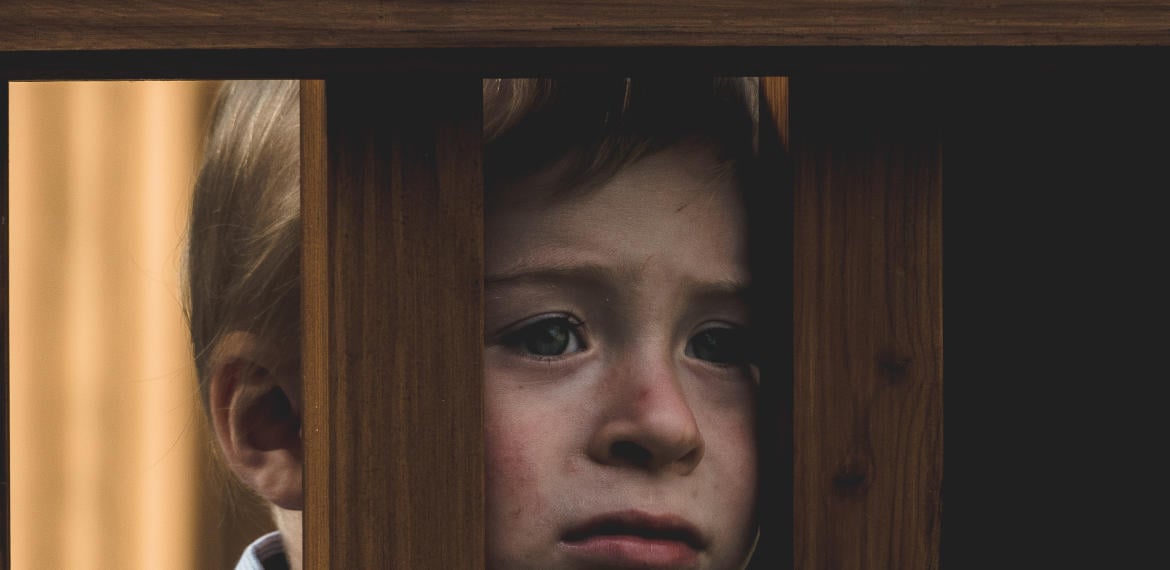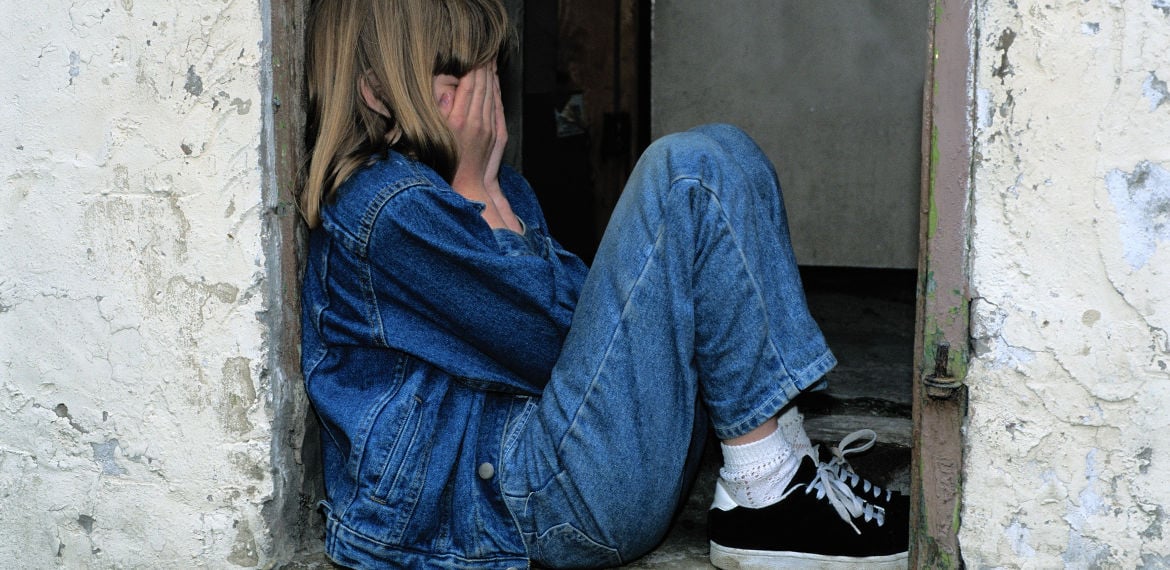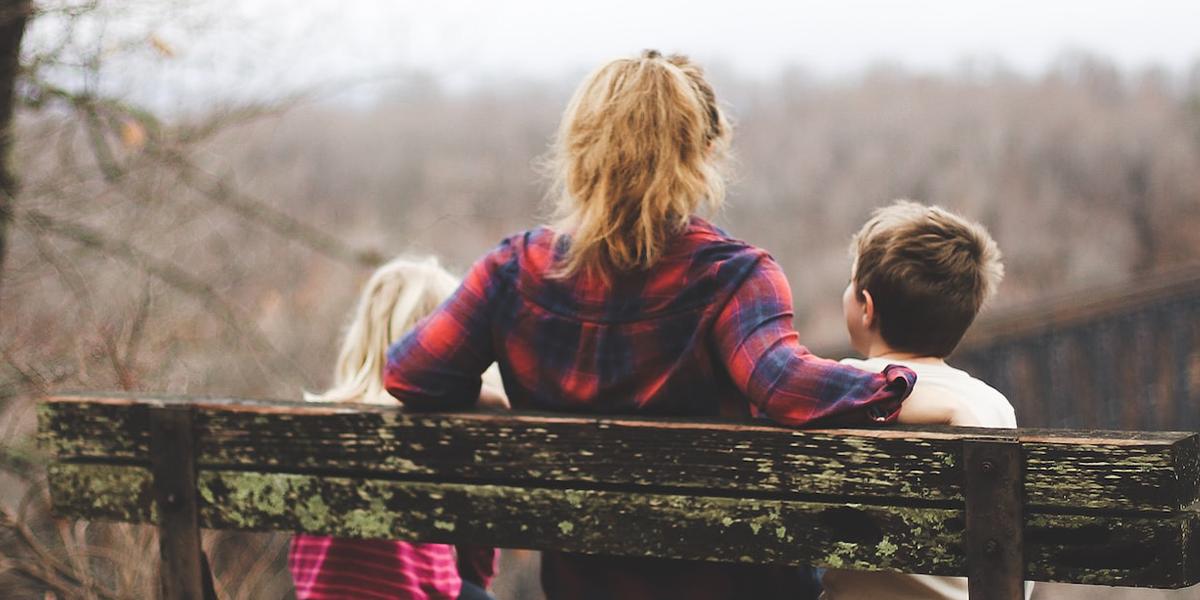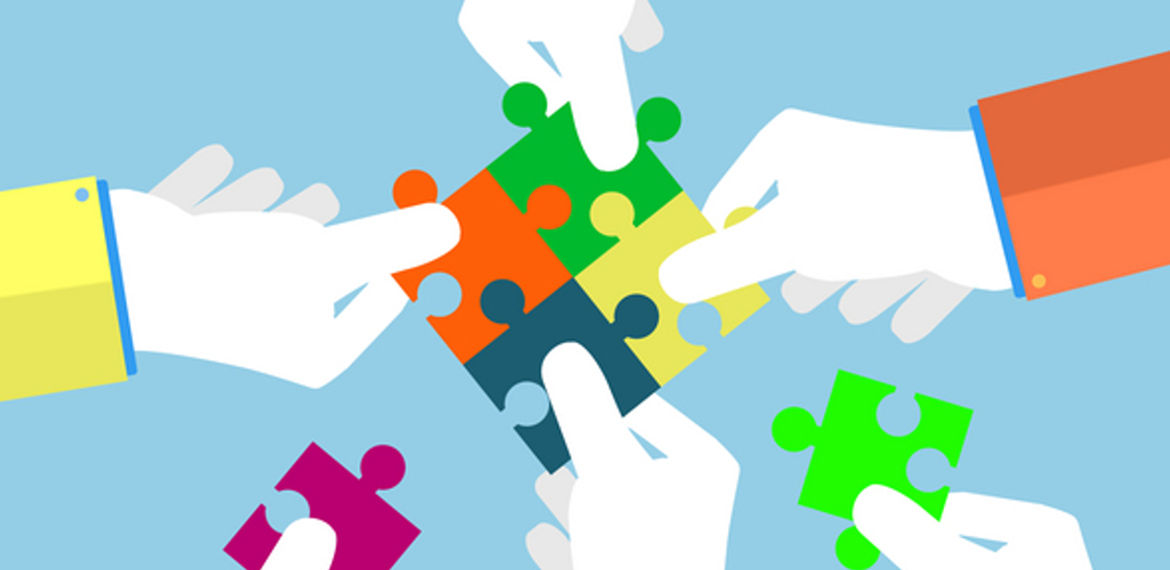
Childhood Trauma: Prevalence, Impact, and How To Prevent
The COVID-19 pandemic touched nearly every aspect of our lives, from basic routines like grocery shopping and going to work, to less obvious (but equally important) human needs such as connecting with others. During such times, existing mental health challenges become more prevalent. Bessel van der Kolk, MD, a well-respected expert on trauma, defines trauma as when a person feels helpless because they are unable to change their condition. In that sense, we are all effectively living in a state of pre-trauma (NICABM, 2020).
While we all share this challenge to some extent, there are many people who survived trauma before COVID-19 and are still dealing with its impacts. Recent studies have looked at Adverse Childhood Experiences (ACEs), which are events that could be potentially traumatic including violence, abuse, neglect, and households with substance misuse. A Centers for Disease Control and Prevention (CDC) survey showed that 60% of adults have experienced one potentially traumatic event between the ages of 0-17. Out of this same group, around 1 in 6 had experienced 4 or more different types of ACEs. If you are someone who has experienced ACEs, know that you are not alone.
The short- and long-term impacts of ACEs are significant. Here is a list of potential consequences from ACEs:
- Risks of injury
- Maternal and child health problems
- Increased risk of substance misuse
- Teen Pregnancy
- Increased risk of chronic diseases
- Increased risk of suicide
- Risk of toxic stress that could lead to difficulty with attention, stress response, learning, and decision making (CDC, 2020)
The great thing is that ACEs are preventable! One of the most important ways to prevent ACEs is to provide a nurturing environment that is safe and stable for your children. But, if an ACE has already occurred, please know that there is hope. Children who have experienced trauma can recover. If you are a parent or caregiver of a child who has experienced a potentially traumatic event, be sure to discuss it with them and assure the child that they are safe. It is also important to explain that the child is not responsible for what occurred. Keep in mind that healing takes time, so be patient and supportive (SAMHSA, 2020).
Are you struggling to know the right way to prevent or recover from Adverse Childhood Experiences? We are here to help. Find a Lifeologie Counseling therapist near you!

About Lifeologie
Lifeologie Counseling was founded in 2000 with one goal in mind — to bring a fresh, innovative approach to the everyday problems of life. Creative solutions to stuck problems®. With our unique multi-specialty, collaborative approach, Lifeologie Counseling helps individuals and families heal their wounds and break out of old, unhealthy patterns.




